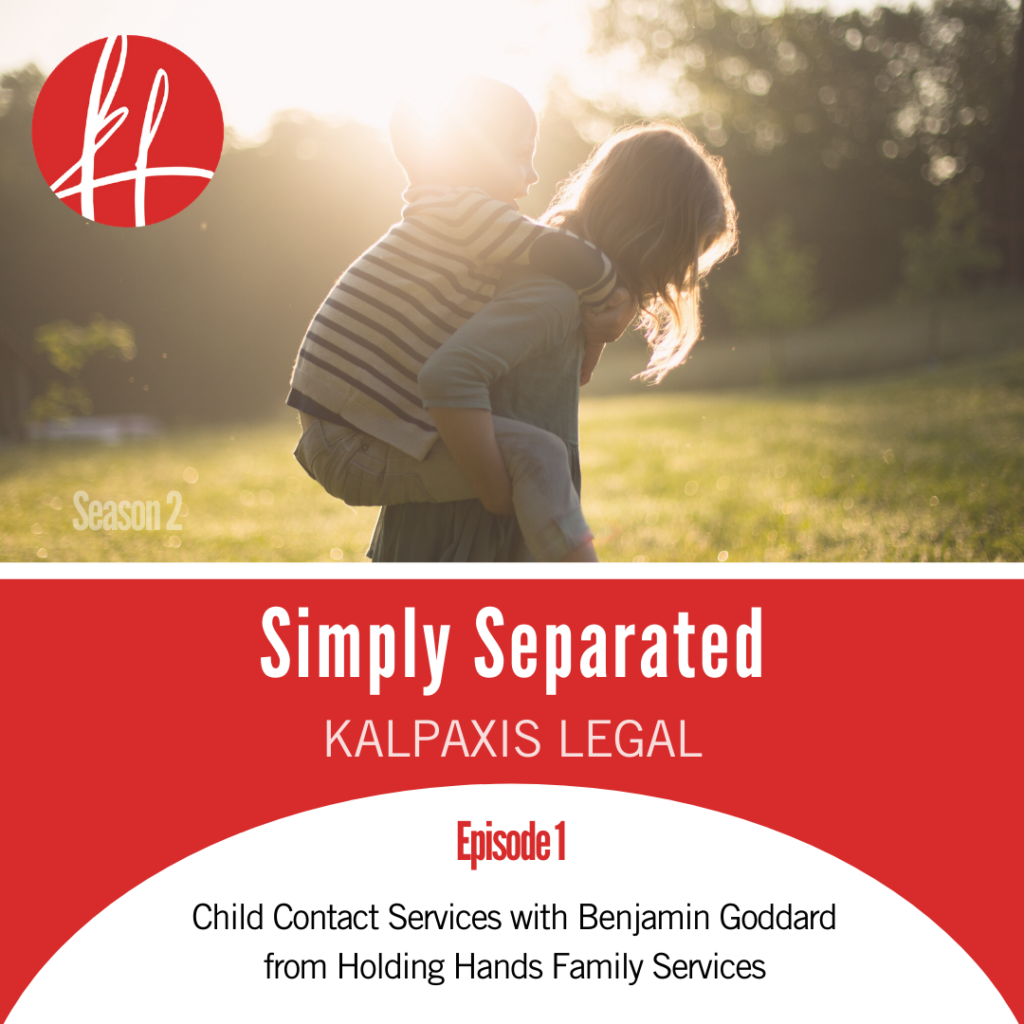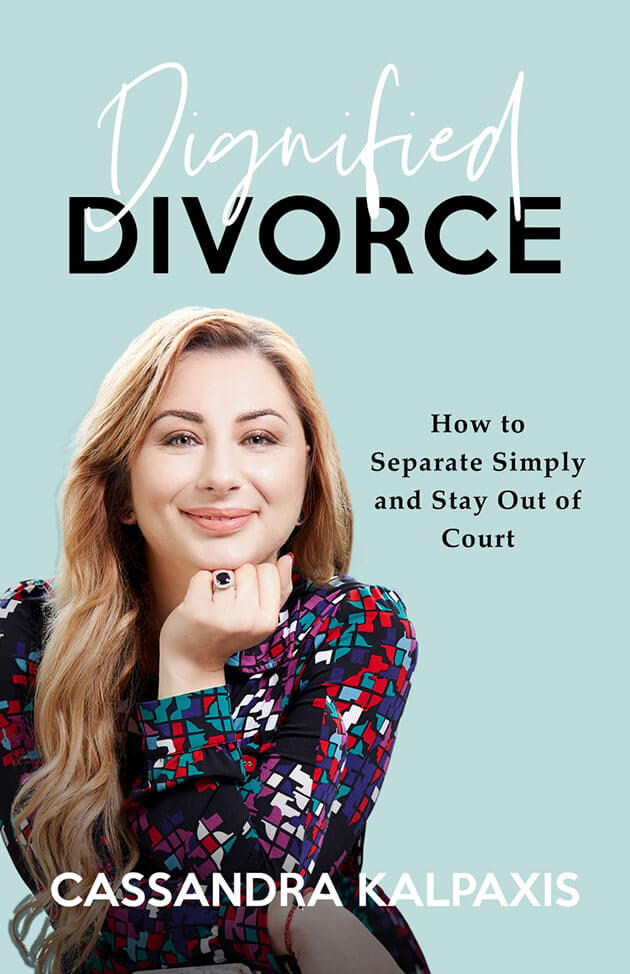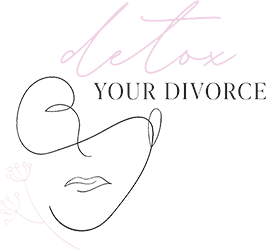[vc_row css_animation=”” row_type=”row” use_row_as_full_screen_section=”no” type=”full_width” angled_section=”no” text_align=”left” background_image_as_pattern=”without_pattern”][vc_column][vc_column_text]
If you’re reading this, you may be interested in becoming pregnant, have a loved one that could potentially be needing assistance in having children or just want to know more about the process.
At Simply Surrogacy, we understand that surrogacy can be a complex process. That’s why we hold your hand each step of the way through the process in ensuring you are well-informed and that surrogacy is made… simple.
What is surrogacy?
Assisted reproductive technology (ART) refers to treatments, methods and technology used to assist people in achieving a pregnancy.
Surrogacy is a form of ART where a woman (the surrogate) offers to carry a baby through pregnancy on behalf of another person or couple and then return the baby to the intended parent(s) once it is born.
Who is involved?
Intended Parent/s
Engaging in the surrogacy process means that there is someone, whether single or in a relationship, who cannot carry a baby to term. In same-sex male relationships, this is obviously both of them. These are referred to as the intended parents.
Depending on the circumstances, the intended parents’ egg or sperm (or both) may be part of the transferred embryo.
Surrogate
Since the intended parent/s cannot carry a baby to term, a woman carries a baby to term for them. This is known as the surrogate. To find out more about who can be a surrogate click here.
Egg or sperm donor
Reproductive cells (eggs and sperm) are known as gametes. Sometimes the intended parent cannot create an embryo on their own. A donor is used to complete the embryo and facilitate the surrogacy process. Donors can be someone you know or someone from a fertility clinic.
Am I eligible to use a surrogate?
It’s important to ascertain which laws apply to you in the surrogacy process. As the intended parent, the laws of the State where you live in apply. For NSW this is the Surrogacy Act 2010.
If you are:
- a woman unlikely to become pregnant, able to carry a pregnancy or give birth due to a medical condition or potential risk to herself or the baby; or
- a couple whose multiple transfers of a genetically normal embryo have been unsuccessful; or
- the intending parent is a single male or in a same sex male relationship
Then you are able to engage in the surrogacy process. More information on eligibility are available here.
Is surrogacy legal?
In Australia, only altruistic surrogacy is legal. Commercial surrogacy, being paying the surrogate to carry the baby, is illegal in Australia.
Altruistic surrogacy means the surrogate does not receive compensation for the process besides reimbursements for medical costs and pregnancy-related expenses. These can still incur costs such as:
- Medical expenses, including the embryo transfer or artificial insemination, fertility injections, and labor and delivery costs
- Donation fees if an egg donor or sperm donor is required
- Legal fees and parentage order
- Counselling expenses
- Additional fees, including maternity clothing and travel costs to transport her to and from appointments
- Agency fees
To find out more about the costs associated with surrogacy, click here.
What is the process?
- Eligibility – be eligible for surrogacy by meeting the criteria in your respective state.
- Medical Review – the intended parents and the surrogate attends a medical review by a fertility specialist. The surrogate and intended parents may also need to have an independent obstetric or psychiatric assessment.
- Counselling – for all parties involved including the surrogate’s partner.
- Independent Legal Advice – obtained by both sides wherein they are made aware of their rights and obligations. (This is where we come in!)
- Approval – The clinic or the committee will review all information and must approve before any embryo transfer can occur.
- IVF Treatment Cycle – Relating to the circumstances, the IVF treatment occurs wherein the fertilisation occurs. The embryo is then transferred into the surrogate. More about embryo transfer is available here.
- The Pregnancy – Once pregnancy is confirmed, ongoing care with the surrogate occurs with counselling, check-ups and examinations.
- Birth – The big day arrives! The surrogate gives birth to the child who is deemed to be the child of the birth mother.
- Parentage Order – This is essential. A parentage order changes who is considered the parents for legal purposes. (We also assist here!)
[/vc_column_text][vc_empty_space height=”35px”][vc_row_inner row_type=”row” type=”full_width” text_align=”left” css_animation=””][vc_column_inner width=”1/2″][qode_elements_holder number_of_columns=”two_columns” columns_proportion=”33_66″][qode_elements_holder_item vertical_alignment=”middle” horizontal_alignment=”left” advanced_animations=”no”][vc_single_image image=”308″ img_size=”full” style=”vc_box_circle_2″ onclick=”custom_link” qode_css_animation=”element_from_fade” link=”/meet-the-family/”][/qode_elements_holder_item][qode_elements_holder_item vertical_alignment=”middle” horizontal_alignment=”left” advanced_animations=”no” item_padding=”0 0 0 10%”][vc_column_text]
By Cassandra Kalpaxis
Director
[/vc_column_text][/qode_elements_holder_item][/qode_elements_holder][/vc_column_inner][vc_column_inner width=”1/2″][/vc_column_inner][/vc_row_inner][/vc_column][/vc_row]








